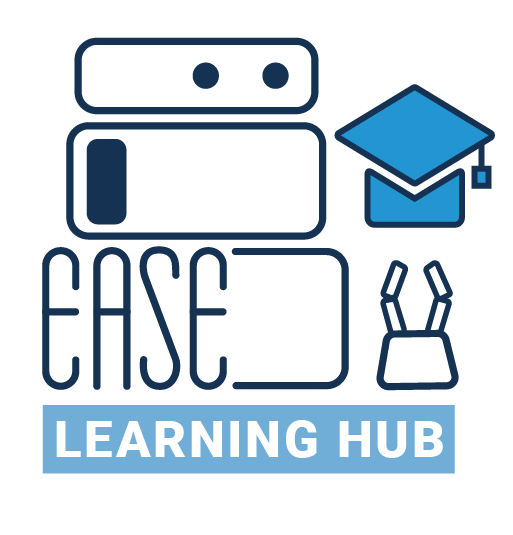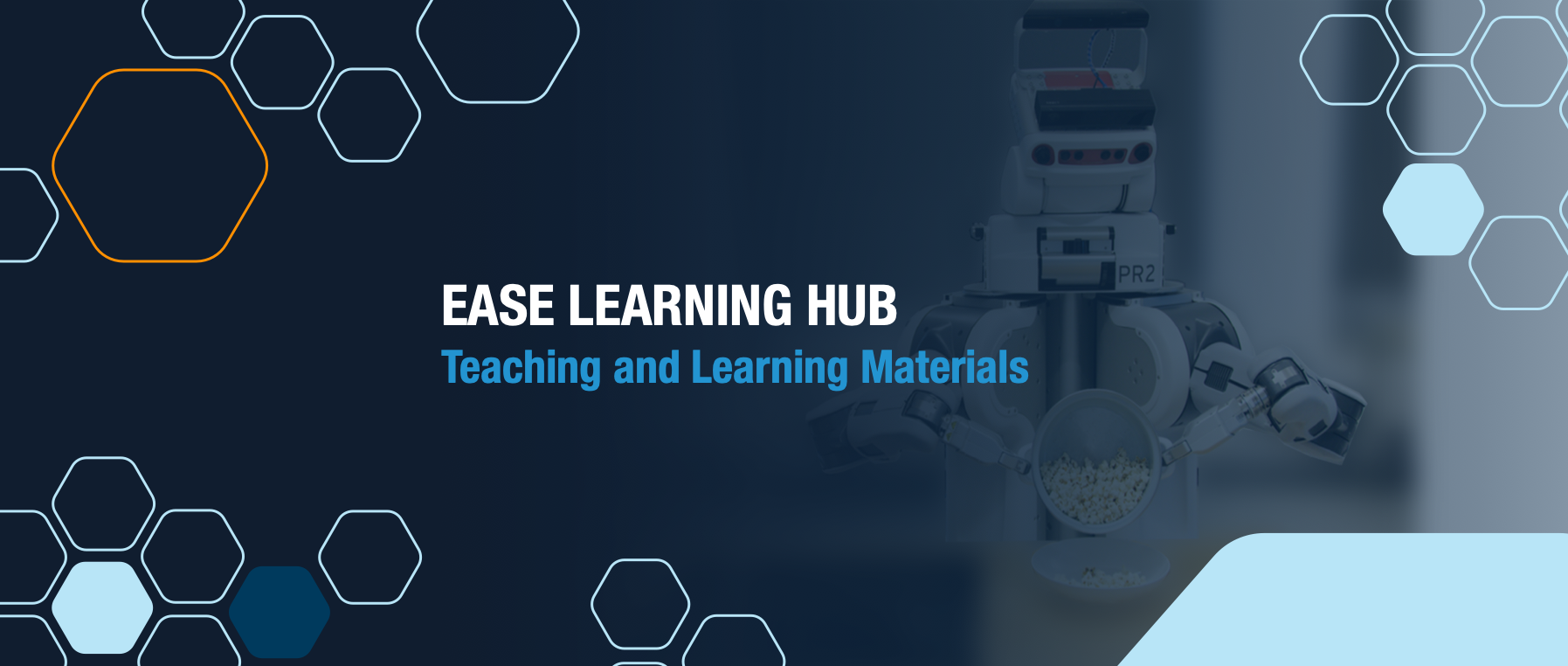Part 10: The interaction between people is often comprehensible and very natural. A newborn learns any kind of interaction by just imitating and trying it out. But what about robots? What role does interaction play in cognitive robots? Alessandra Sciutti's exciting presentation addresses exactly this topic and answers these questions.
Part 9: Learning is a topic that concerns us all. We learn new things every day or repeat what we have already learned. But what is the best way to learn? And can we map this knowledge onto algorithms? John Laird addresses these questions in his exciting presentation and tries to give us answers.
Part 8: This presentation is about common sense knowledge & knowledge graphs. In his exciting presentation, Philipp Cimiano not only illustrates what common sense actually is, but also gives interesting examples with the use of short stories.
Part 7: Digital twin systems are an exciting new topic with many different applications. The presentation by Tetsunari Inamura not only introduces a number of them, but also uses concrete examples to show how they can enhance people's lives.
Part 6: Robots should not only support us at home or on land, but also under water. Peter Kampmann talks about fascinating examples of applications and tricky tasks that could be solved with the help of robots.
Part 5: This presentation is about how a robot decides on its actions in everyday life. For this purpose, there are some important exciting cognetive models that David Vernon explains and compares them with each other.
Part 1: In this presentation, Michael Beetz takes it a bit further and starts with some basics. In order to understand what cognitive-enabled robotics is, it is necessary to first understand what exactly robots are. In addition, it is necessary to understand what cognitive means as well. All these exciting topics will be covered in this presentation.
Part 4: In this presentation John Leird talks about the integration of perception and action in the soar cognitive architecture. In addition, exciting theses concerning cognition in psychology are included.
Part 2: In this lecture Antonio Lieto tells interesting facts about commonsense reasoning frameworks for dynamic knowledge invention via conceptual combination and blending. For this purpose, real problems and approaches to solutions are used and addressed.
Part 1: The first talk will start with a short review of some basics of AI and computer science. Michael Beetz will also present some interesting examples in the world of cognition-enabled manipulation.

